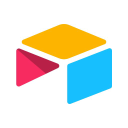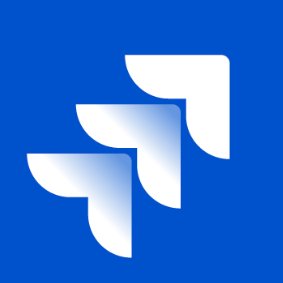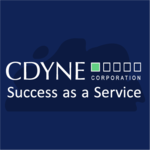On Launching An Event Planning Mobile App
Hi, my name is Adnan Kharuf and I am the founder of Plans Collective LLC. Plans is a mobile app that provides users with a dedicated social platform for organizing and attending events. Plans app goes beyond traditional event organizing functionality. It offers real-time features that assist hosts and guests to manage, track, communicate, and share before, during, and after an event.
Our users are organizers in their own social groups. For example, Family members organize their holiday get-togethers, sports players organize public events for pick-up basketball or golf games, and school clubs organize their team meetings. These are just some examples of the types of events that can be organized on Plans.
Our mission is to bridge the gap between social media curation and experiencing meaningful events in real-life. The first version of Plans app launched at the beginning of Oct 2021, and after the first 4 weeks of launch, we gained over 250 users and over 100 created events.
























